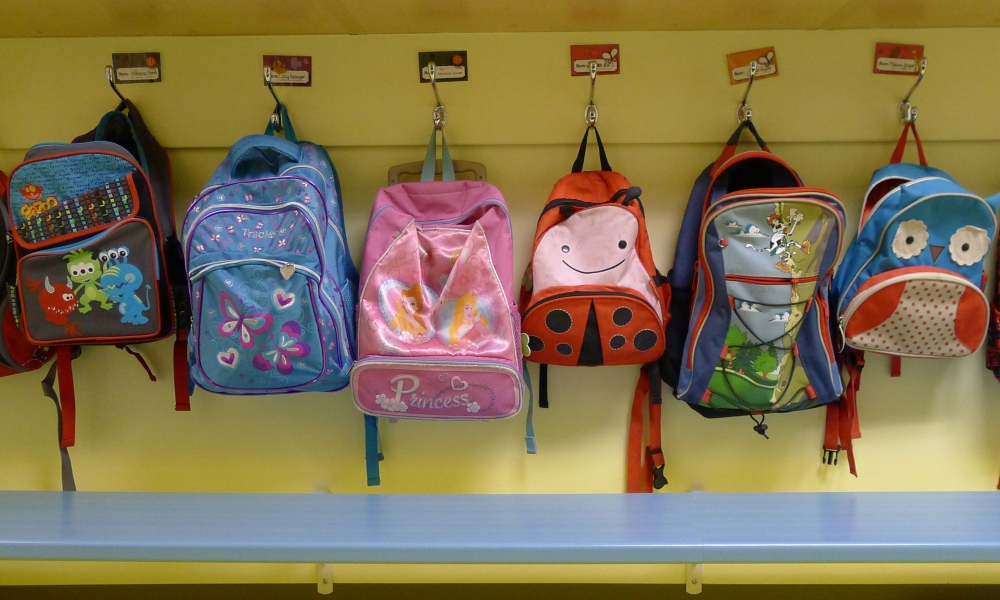In the first of two articles exploring how educators are using local early years data to inform practice, Teacher finds out how one Adelaide primary school is bolstering students and their families as they transition to school.
School leaders can use Australian Early Development Census (AEDC) data to pinpoint the needs of young children as they enter school, including areas of strength and areas where they are considered ‘developmentally vulnerable'.
From there, educators can think about how best to respond to these needs, through targeted intervention and support.
The AEDC measures five ‘domains' of early childhood development that are closely linked to predictors of good adult health, education and social outcomes:
- physical health and wellbeing;
- social competence;
- emotional maturity;
- language and cognitive skills; and,
- communication skills and general knowledge.
Children are assessed as being developmentally ‘on track', ‘at risk' or ‘vulnerable'. The AEDC is held every three years. According to the latest national data, just over one in five children (21.7 per cent) starting school are vulnerable in one or more of the five domains.
For Paringa Park Primary School in Adelaide, South Australia, social competence and emotional maturity were areas for further investigation.
‘Our trends around our AEDC data are that we have had a decrease in children who are on track for social competence over time – from 2009 to 2018 – and a corresponding increase in the number of children who are either at risk or vulnerable. And we have had the same trend in emotional maturity over time,' Principal Leanne Prior tells Teacher.
In the social competence domain, children who are developmentally vulnerable may have low self-confidence and self-control, have difficulty getting along with other children, following class rules and routines, and may not accept responsibility for their actions. Being developmentally vulnerable in the emotional maturity domain may mean children have problems managing aggressive behaviour, are easily distracted, usually not inclined to help others and get upset when left by a parent or carer.
Prior says, since her arrival at the school in 2017, changes have been made to the school's transition and orientation to school program in a way that has strengthened both community links and support for the child.
'I met with the reception (the first year of primary school in South Australia) team and we had a look at the data from 2009, 2012 and 2015 and that trend around social competence over time for our school was very relevant at that time – that was the one that stuck out most significantly.
'What we ascertained from that data was that, increasingly, children are coming to our school without some of those skills to be able to problem-solve, to manage conflict, to manage their own bodies, to respond when things don't go right – all of those sorts of skills that sit under social competence and emotional maturity. So we gathered as much information as we could to ensure that we were prepared to support children with who they were and what they brought.'
Prior implemented a range of measures. These included:
- enrolment interviews for reception parents;
- reception teachers visiting each child in the year before school in the child's prior-to-school setting;
- seeking observations from kindergarten teachers for each child;
- termly visits between reception students and kindergarten students.
A single document was set up for each child and information was added by various adults in the child's life in the year leading up to school.
'There was a picture from the kindy teacher's perspective, the parent perspective and then also every teacher went to visit every child in their prior-to-school setting and added information as well.'
In addition, Prior arranged:
- staff training in play as pedagogy and its role in developing social competencies;
- staff training
- the redevelopment of a phonological awareness program; and,
- to give presentations, herself, to parents at local feeder kindergartens.
Prior says the parent information session was all about early childhood and the AEDC domains. Discussions included the importance of children ‘having the capacity to solve problems, carry their own bag, look after their belongings, be able to enter play situations, to be curious about the world, and to manage their feelings and behaviour …' as they enter school.
Reception teachers, students and parents have extra support in the first two weeks of school with members of the school leadership team and extra education support staff in classrooms. 'We have additional staff members in there to support both the children and the families – mostly at that handover, but also to help children make that transition to school,' Prior explains.
'There is so much to learn about what it means to "do school". It's a new social construct. There's a lot that we take for granted. But when you view it through the eyes of the child – moving from kindy to school – it's huge.'
In the children's first week at school, parents are invited to workshops each morning.
'In one of the workshops, we talk about early childhood development and learning and we share with them the AEDC data and what each of the domains are. So, what is physical health and wellbeing, what is social competence, emotional maturity ... all of those things.
'And I stress to families that education here at our school is about development of the whole child, it is not just about the academic learning, really focussing on all aspects.'
What does your local AEDC data show? What are the strengths? What are the areas for improvement?
As a school leader, do you create opportunities for staff to get a detailed picture of each child upon enrolment?
How are you using student data to inform transition and orientation to school programs?



